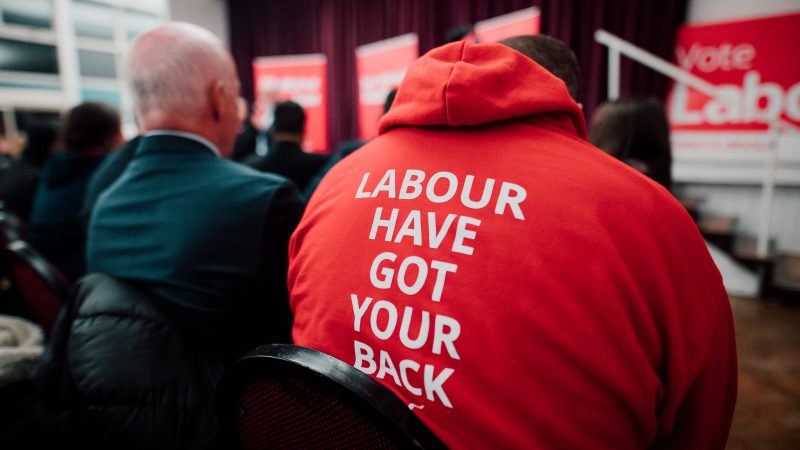
Things are not going well for Boris Johnson. When not voting against free school meals, the government spent this week battling with Andy Burnham and other local leaders over the imposition of Tier 3 restrictions without extra financial support. Negotiations concluded in no agreement, a Greater Manchester press conference that produced a viral clip and avoidable confusion over what money exactly was being offered. And after all that mess, the Chancellor stood up in the chamber on Thursday and announced retrospective grants for businesses in Tier 2 areas, which served to validate Burnham’s argument that the government only woke up to the lack of Tier 2 support once London entered it and saw the Prime Minister use up political capital before the Chancellor swooped in to ‘save the day’.
This is not the time to congratulate Rishi Sunak for doing “whatever it takes”, however, because he hasn’t done that. His third economic update in a month unveiled three measures: Tier 2 business grants equal to 70% of the support currently available in Tier 3; an overhaul of the job support scheme, which will now see employers contribute 5%, not 33% to hours-not-worked wages; doubling grants for the self-employed from 20% to 40% of average monthly profits. Further details are set out in my write-up here. These changes were desperately needed – and that was evident at the time Sunak announced his first winter economic plan, and his second – but they do not go far enough. A big factor is that they were largely for businesses, not workers.
The idea is that there will be a trickle down effect: if Tier 2 businesses are now genuinely incentivised to keep employees on part-time under the job support scheme, this will surely help to limit unemployment. But the benefits of this approach will be limited. As Elliot has explained in his analysis piece on the Chancellor’s statement, the support is conditional on your job and at the discretion of your employer. People need direct support of the kind demanded by trade unions, mayors, MPs and councillors in a joint statement this week: 80% wage support, an increase in statutory sick pay and allowing all to claim it.
Even these demands are missing something crucial: a wage floor that will ensure minimum wage workers do not have to live on anything below their normal wage. 67%, 77% or 80% of the minimum is not enough: the clue is in the word ‘minimum’. Many will be forced to make do with “just £5.81 per hour – the minimum wage level of 11 years ago”, as Richard Burgon pointed out in the chamber. And asking for 80% furlough without this floor risks undermining the fight against a minimum wage freeze next year. Ministers are looking for cover from the Low Pay Commission to do just that, and it sounds like some of its members could be willing to provide that cover. Trade unions have been preparing for this battle, and we must all be ready for it.
Sign up to LabourList’s morning email for everything Labour, every weekday morning.



More from LabourList
‘Labour is being badly misled on housing’
Reeves bets on patience over populism
‘Energy efficiency changes must work for older private renters’